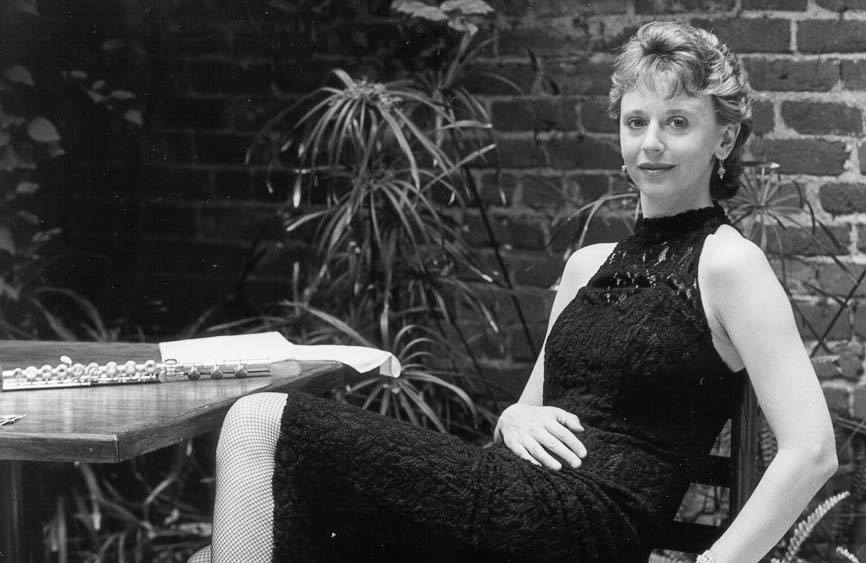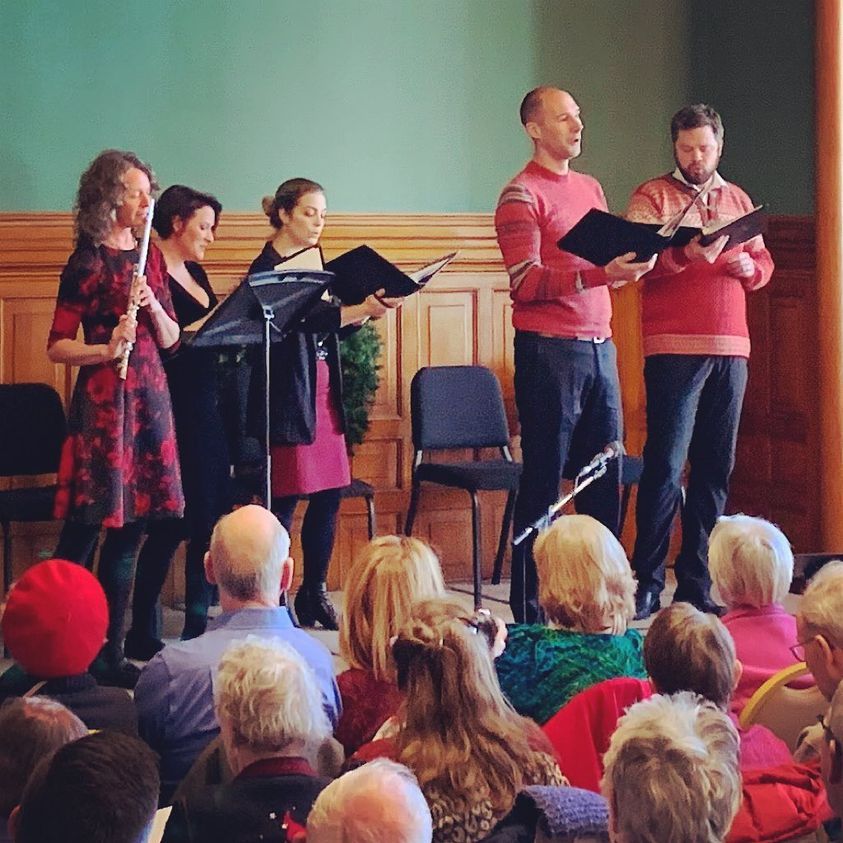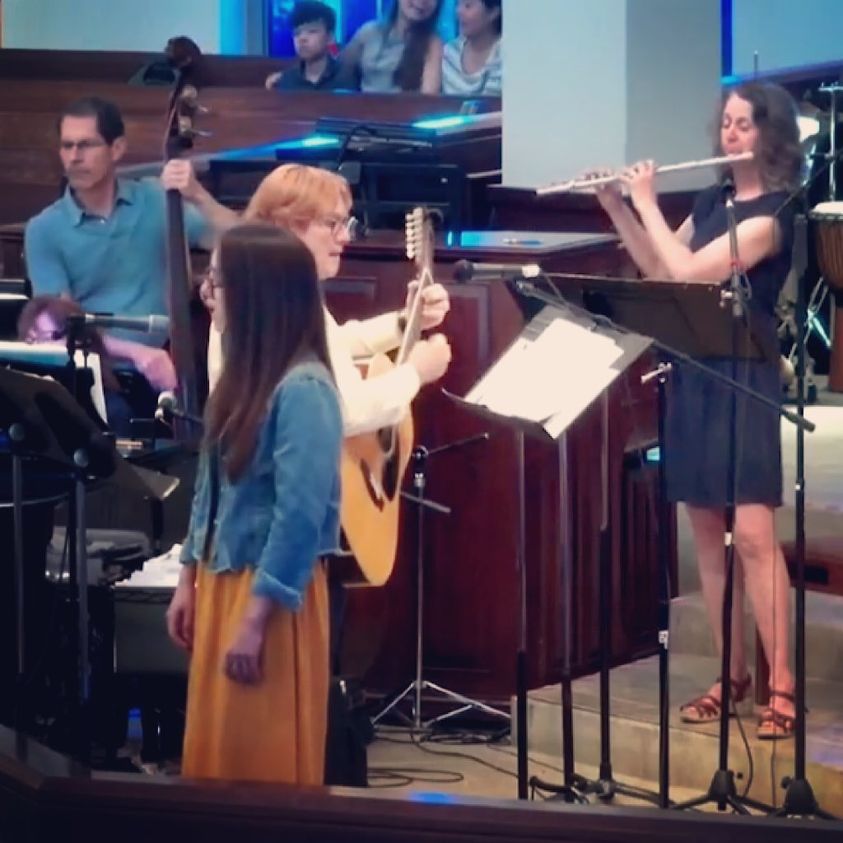
After I published my first in a series about quitting as an intentional and powerful act, I received many emails about how my words were just what people needed to hear. I guess I struck a nerve!
Truthfully, I was a bit skeptical when setting out on this journey of discovery. Would I now and forevermore be labeled as an expert on quitting?! What a loser! See, even I have trouble admitting that quitting can be a good thing.
I don’t see myself as a quitter at all! I’m a “bad ass hiker” – the solo, female, middle-aged, titanium-reinforced long-distance backpacker (lol) – I normally push myself hard with determination and guided by a list of goals. I’m, as Kiwis would say, “strong as…” climbing Quandary Peak, a Colorado 14er, in snowshoes, balanced by brand new hips, and in winter.
What is the deal with this idea of “quitting” grabbing hold of me and demanding I dig deep, then share with all of you what I’ve learned?! Quitting as a super power has actually been percolating inside me for a long time. I am the Blissful Hiker, sure, but before that I was a professional flutist and I found myself face-to-face with needing to quit.
Most of you know that I had a long, hard, fraught but ultimately deeply satisfying and successful career as a musician that took me all over the world. In my mid-thirties, I developed a neurological condition that caused involuntary muscle contractions in my left hand. Dystonia ultimately ended my career.
But let’s unpack a bit more of what was really happening at that horrible time in my life. First off, I want to explain what it means to be a musician playing at that level. It takes a lifetime to develop skills, then years and years of a relationship with a silver instrument that was my creative voice. The flute brought successes and losses to my life, transformative moments and lots and lots and lots of gigging just to get by.
Mostly I describe what I did as a “career,” but that’s not what flute playing was for me, at least not only what it was. It was a calling, my true vocation in a spiritual sense. There’s something magical and mystical in being called to make something with your life. It’s as if the divine whispered in your ear and said, “This thing you do is how you will share your uniqueness with the world. It will give you meaning, for sure, but it will also bring something special to everyone who hears you.”
I don’t say that with any conceit or arrogance. Playing the flute was how I thrived, how I expressed myself, how my life had purpose. But pursuing this craft and pouring myself into interesting projects – like making recording premieres of American Concertos or touring Argentina and publishing and recording my arrangements – required an inordinate amount of energy. My entire life was built around making music with every moment nurturing this passion, even if while on tour or playing festivals or between engagements, I fit in another passion to hike.
Music, like hiking, required endurance and, let’s be honest, a willingness to suffer. It was hard to play like that and while wonderfully fulfilling, took every bit of me, body, mind and spirit, to succeed. Like an Olympic athlete, music is all-consuming, and yet most of expect to be able to play well into our old age.

There came a day when I brought my flute to my lips to play a phrase and for the first time since starting to play at the age 8, I forgot momentarily where to put my fingers. I mark that as the start of my decline, one that took about a year to manifest. It’s funny that I was absolutely at the height of my skills. Everything seemed to be coming together and yet, for unknown reasons – there’s no known cause or cure for dystonia – my body betrayed me.
The part of the story that is harder to describe is how what to do next never felt entirely clear. I still had a lovely tone, my musicality was untouched and most of my fingers worked with just this one hiccup making it impossible to play a C major scale evenly and with confidence. You might say that insider music joke about someone playing so badly, she can’t play “Come to Jesus” in whole notes, was me.
Listen to MPR interview with Kerri Miller about living with dystonia
Read Minneapolis Star Tribune interview with Kay Miller on my career and dystonia
While stopping the erratic movements was out of my (ahem) grasp, treatments exist to lessen the effects of dystonia like Botox injected directly into the muscle to quiet the spastic motions, a rebuilding of the instrument to allow those affected fingers to reach keys more easily, and a form of bio-feedback to help find other neural pathways to signal correct movement in the body.
Trust me, I tried them all over years and they didn’t work.
It felt like climbing Everest in a blizzard with a blindfold and a pack full of bowling balls. It was so hard, I no longer felt joy. In an ironic twist, had my hands been severed entirely, it might actually have been easier to let go. I would have been devastated, of course, with no hands, but there also would be no options. Any bit of control of my future as far as a performing flutist would have been out of my hands (groan)
It’s not entirely accurate to say “dystonia ended my flute career.” I ended it. I actually had a choice: to keep trying or to let go. It should come as no surprise that around this time, I backpacked at Big Bend National Park in West Texas to find answers and ground myself in this new reality. When I returned, I limped through one more set of performances, then put on a party for the orchestra with cake and champagne. We were already dressed in black, so it was kind of like a wake for my past self.
Why did I quit? What factors caused me to stop trying and to instead move on with my life without the flute? What “super power” did I possess that gave me the courage to quit? How did I survive such overwhelming sorrow then ultimately forgive myself for believing there’s more for me to do in this life, perhaps maybe even finding another vocation? These are the questions I want to explore.
So, I did find another career, which I came to love and surprised me with the satisfaction it offered. My stepfather likes to call it God’s Grace that put me in the right place at the right time so I could begin an internship at Houston Public Radio, blossoming into a host, producer and interviewer. It touched many parts of me that were neglected as a flutist while also using the best parts of me that were trained all those years as a performer.

One of my colleagues was a working organist as well as radio host. We knew each other before I began working at the station from various church gigs here and there. He didn’t seem to know why I was suddenly his colleague but soon learned that I needed the job because I couldn’t make a living anymore playing flute.
In the library one evening he turned towards me and said, “If I got what you have, I would kill myself.”
It was such a brash and audacious statement I couldn’t respond. But I realized that he was putting words to what not only I at some point had felt, but what many musicians who are themselves vulnerable to such a crisis secretly fear. He wasn’t suggesting I ought to end my life, but touching that piece of us that can’t see any alternative when faced with loss.
Life continuously demands quitting in some form or another. We choose one path at the expense of others. We let go of a dream. We decide to move on from something that’s not feeding us anymore. Ultimately, we have to quit living itself, hopefully at a ripe old age and after a good, long life.
Quitting that uphill battle of trying to keep playing at a high level was one of the bravest acts of my life, this even in the face of well-meaning friends who suggested that with just the right attitude, a little more willpower and better doctors, I could play like I used to. For me, though, enough was enough, and I made a deliberate and intentional choice to say “yes!” to the future, even if totally fuzzy, instead.
These days, I have come full circle and do play professionally again. It’s very limited and the music is frankly easy, but playing brings me a certain quality of joy. The wee silver-plated beginner flute with the sweetest tone that I use now was given to me in a trade for a lesson by the woman who bought my professional instrument. That sale funded my walk in New Zealand, which – surprise, surprise! – is the next calling I was hoping for, a new vocation, another direction in life demanding I pay attention and get on with things before it’s too late.
This is part one in a series about intentional quitting as a force for a more positive and fulfilling life. Read more: Quitting is Optimism, Quitting is Saying Yes, Quitting is Believing in Abundance, Quitting is Awareness.


4 Responses
This piece is even-handed and deeply moving, a gutsy dive by one tough, smart and feeling woman into the changes that come upon all of us humans in this life. Sometimes we persevere, and that takes a certain kind of bravery, but sometimes it takes even more courage to “quit.” As the writer/musician/broadcaster/hiker argues, it’s a shame some people have given being a “quitter” such a bad name. Sometimes quitting isn’t at all saying no. As we get older, it really does sound more and more like yes.
This hiker/broadcaster/musician/writer is deeply touched. My father’s favorite quote is from Dag Hammarskjold “For all that has been,
Thank you.For all that is to come, Yes!” Imagine the conviction he must have had to say yes to whatever was in store for him. It’s humbling!
Here’s an Atta Girl note for your latest Blissful post on “Quitting,” since 1) your comments resonated with me, as they do with most of your blog readers, I would guess, on “granting yourself permission” to make such decisions.
And 2) to remark with amazement on the flautist (yes, dammit, FLAUTIST!) still within, who didn’t quit, but ADAPTED by playing a “wee silver-plated beginner flute with the sweetest tone” and I just wanna say, Thank You for pointing out some of the life-changers people, like me, need to recognize while still “hiking.”
And, perhaps the Frost poem applies, “The road not taken,” since that Left Turn back there got us to here, and I – for one – am glad it did.
As always, my friend, you write the most beautiful and observant comments. I am deeply touched! ADAPT! that’s a great word. I have this trifecta – awareness, abundance, agility – and adaptive is joining the crew. I tend to see things in binaries. A bad habit that doesn’t allow for possibilities I hadn’t thought of. I am ‘surprised by joy’ playing my wee flute. And you know what? It’s enough, just right